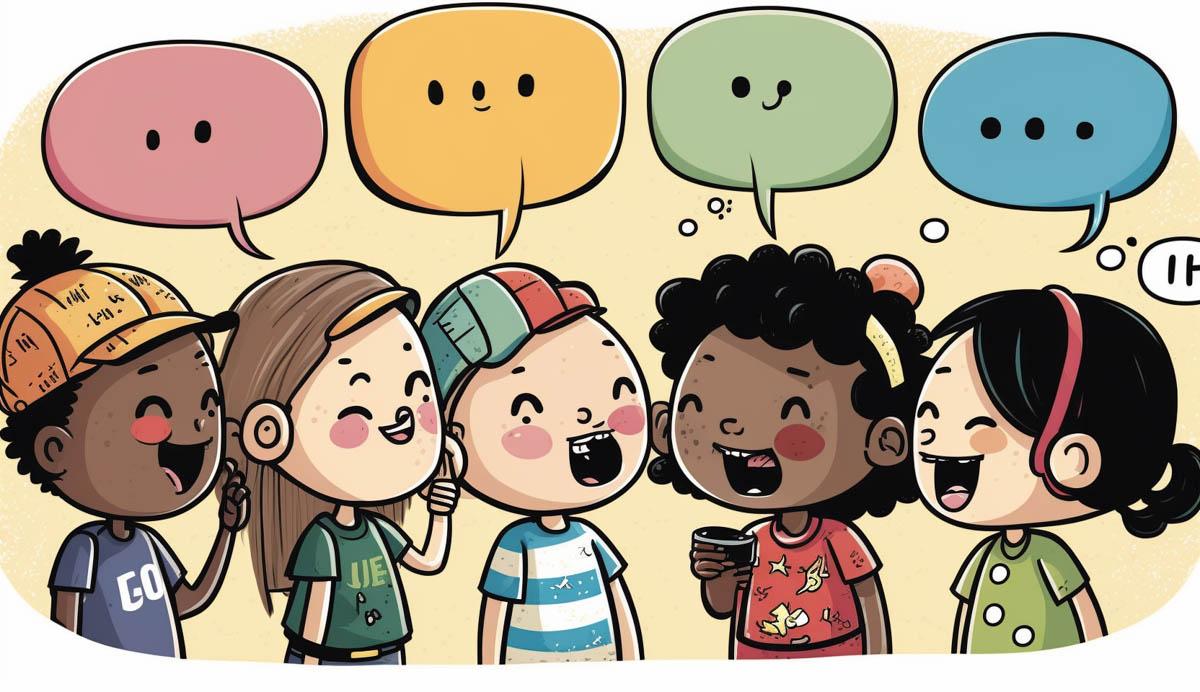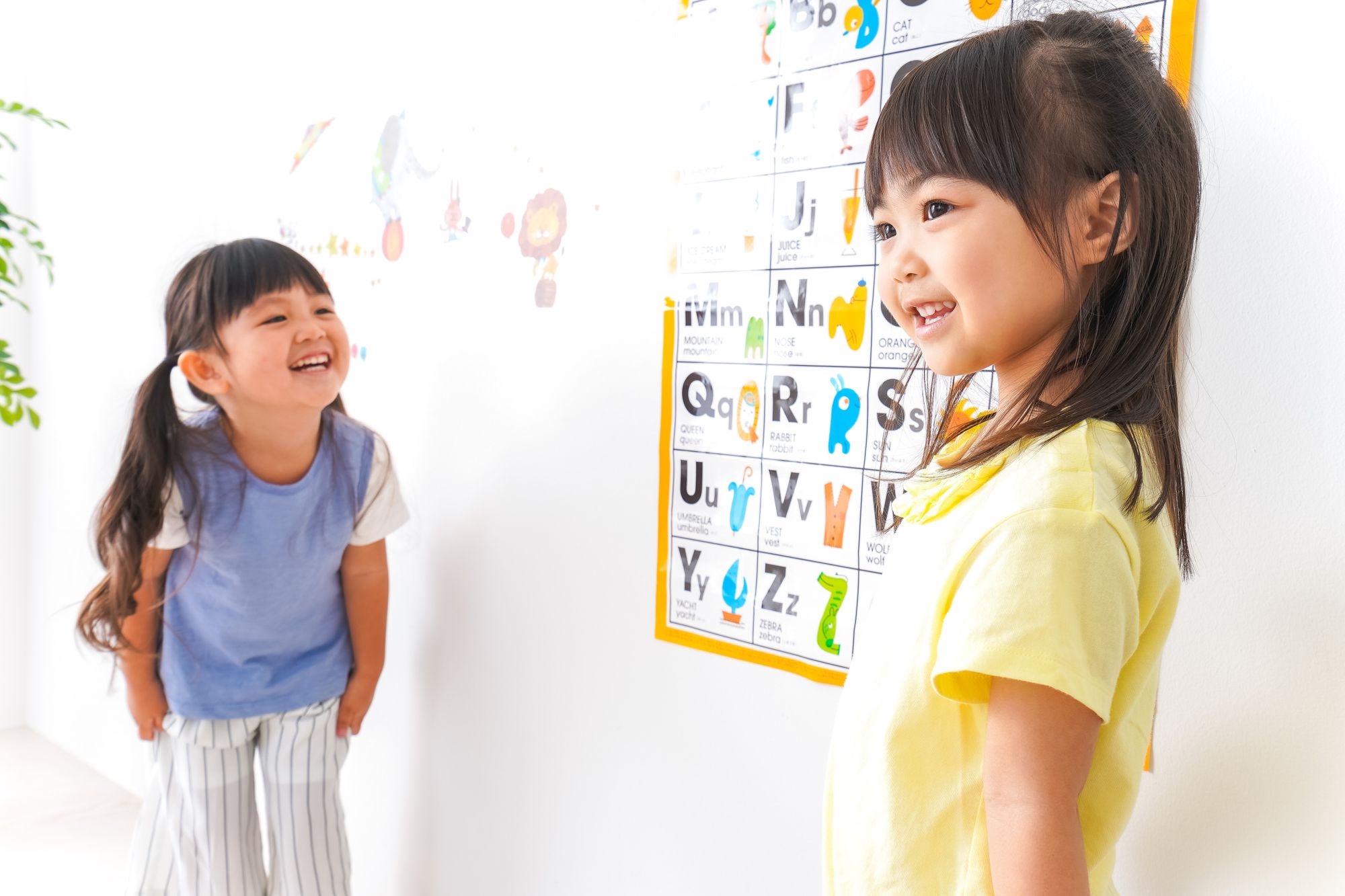Bilingual children: benefits and tips
Bilingual children: benefits and tips

Bilingualism refers to the ability to speak and understand two languages fluently. Based on researches, it is highly recommended to start teaching a child a second language as early as possible, preferably between the ages of 0-7. This is because children's brains are highly receptive during this age range and can easily acquire language skills through immersion and practice.
Benefits of Raising Bilingual Children
Raising bilingual children has many benefits, so let’s look at them more closely together.
- Enhanced Cognitive Skills
One major benefit of raising bilingual children is that they tend to have enhanced cognitive skills in general. Studies have shown that bilingual children have a better ability to memorize, concentrate, plan and multitask. Additionally, they tend to have better memory retention and are better able to filter out irrelevant information. This can enhance their academic performance and problem-solving abilities.
- Improved Cultural Awareness
Being bilingual exposes children to different cultures and ways of thinking. By learning two languages, children become more open-minded and empathetic towards different cultures, races, and backgrounds. Being bilingual can help children have a better acceptance of diversity and inclusion. It can also help children connect and understand people from different cultural backgrounds. This is a great skill to have in today’s increasingly globalized world.
- Stronger Social and Emotional Growth
The ability to be bilingual can provide children with a sense of cultural identity. This can help them feel more confident and comfortable with their own identity. They tend to be better equipped to handle peer pressure, adapt to new environments, and cope with stress. Bilingualism can help children broaden their perspectives and connect with people from different backgrounds.
- Better Career Opportunities
Being bilingual can be a significant advantage in the workplace. Some professions, such as hospitality and international business, have a high demand for bilingual speakers. Knowing an additional language can make one stand out in the job market, and can open up career opportunities that may not be available to those who only speak one language.
- Learning a second language is easier for children compared to adults.
Children have a natural ability to acquire a new language due to their subconscious state of mind. They possess an innate ability to absorb new words and phrases without even realizing it, much like little sponges. Children are not concerned with the meaning or accuracy of the words they are using, and they don't hesitate to make mistakes. As a result, children are more likely to acquire a native accent when they start at a young age. In contrast, adults tend to be more conscious and deliberate in their learning, making it more difficult for them to assimilate the new language. Adults tend to focus more on grammar and accuracy, which slows down their learning process.

Okay, we have made a deep investigation into the advantages of being bilingual. But how to enlighten this process of studying a new foreign language at an early age?
How to help your child become bilingual?
There are some general tips on raising a bilingual child:
- Start early: Introducing a second language to your child as early as possible can make it easier for them to learn it as they grow.
- Be consistent: Speak the second language consistently and in a natural way around the child. Encourage them to use the language, too. If you are not a bilingual family, don’t worry. Your kid can learn a second language outside of the home: at extra classes, talking to foreigners through the Internet.
- Create immersion: Expose your child to the second language in many ways, like books, movies, TV shows, music or even visiting countries where the language is spoken.
- Make it fun: Encourage interest in the second language by making it a game, by singing or by reading books together.
- Be patient: Learning a second language can take time and may not feel natural at first. Be patient with your child's progress and allow them to learn at their own pace.
- Be open to help: If you are unsure how to teach the second language or would like advice, consider speaking to a language teacher or joining a bilingual parenting group.

Raising bilingual children is not only a great asset but also an enriching experience that can make them more flexible, extraordinary thinkers who can stand apart from the crowd. By learning two languages, children become more open-minded and empathetic towards different cultures, races, and backgrounds. They tend to be better equipped to handle peer pressure, adapt to new environments, and cope with stress. Bilingualism is not only a way to widen one’s perspective and connect with people from different backgrounds, but it can also be a great advantage in today’s globalized world.




